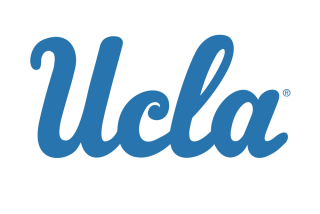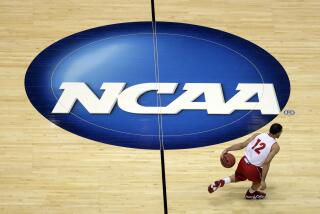Huma Says Group Not Deterred
INDIANAPOLIS — The head of a student-athlete advocacy group said a rebuff by the NCAA was a “revealing development” that would not deter recruiting efforts.
Ramogi Huma, chairman of the Collegiate Athletes Coalition, said Sunday that the cancellation of a scheduled meeting showed the NCAA did not take his group seriously in the first place.
NCAA President Cedric Dempsey said during the organization’s annual convention on Saturday that a Jan. 20 meeting was canceled after the NCAA found out about the CAC’s alliance with the United Steelworkers. Dempsey also said the NCAA already has a process for input from its Student-Athlete Advisory Committee.
“I don’t know if there’s a next immediate move,” said Huma, a former UCLA linebacker. “We weren’t sure how serious the NCAA was about this meeting in the first place.... I think our next move is to just keep on forming the players association.”
Ron Stratton, NCAA vice president of education services, said the association takes the CAC seriously “in that we believe those issues are real issues, and we’ve been trying to address them.... There’s a lot on student-athlete welfare we’re still working on. We’re not done,” Stratton said.
The CAC, started about a year ago by a group of former and current UCLA football players, wants the NCAA to establish and enforce safety standards for voluntary and mandatory workouts, and require schools to expand health- and life-insurance benefits for players. The coalition has several hundred members at eight colleges, seven of them in the Pacific 10.
It was featured last week on the CBS program “60 Minutes.” During the telecast, United Steelworkers President Leo Gerard called the NCAA a “sweatshop.”
Huma said he would not use that description. “But I recognize and student-athletes recognize that student-athletes--between football and basketball--are generating about $3 billion a year, and at the same time lack basic protections.”
More to Read
Go beyond the scoreboard
Get the latest on L.A.'s teams in the daily Sports Report newsletter.
You may occasionally receive promotional content from the Los Angeles Times.






